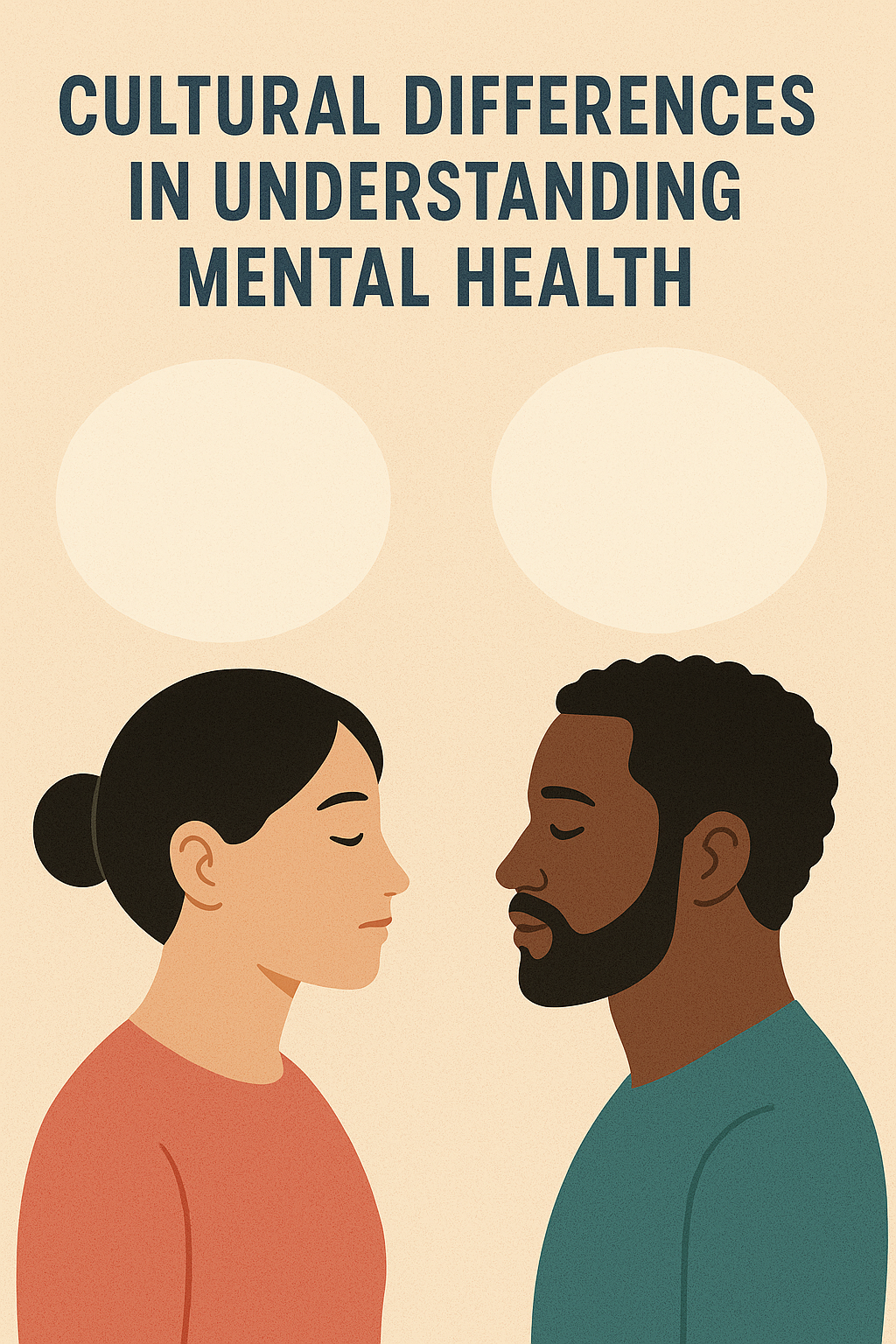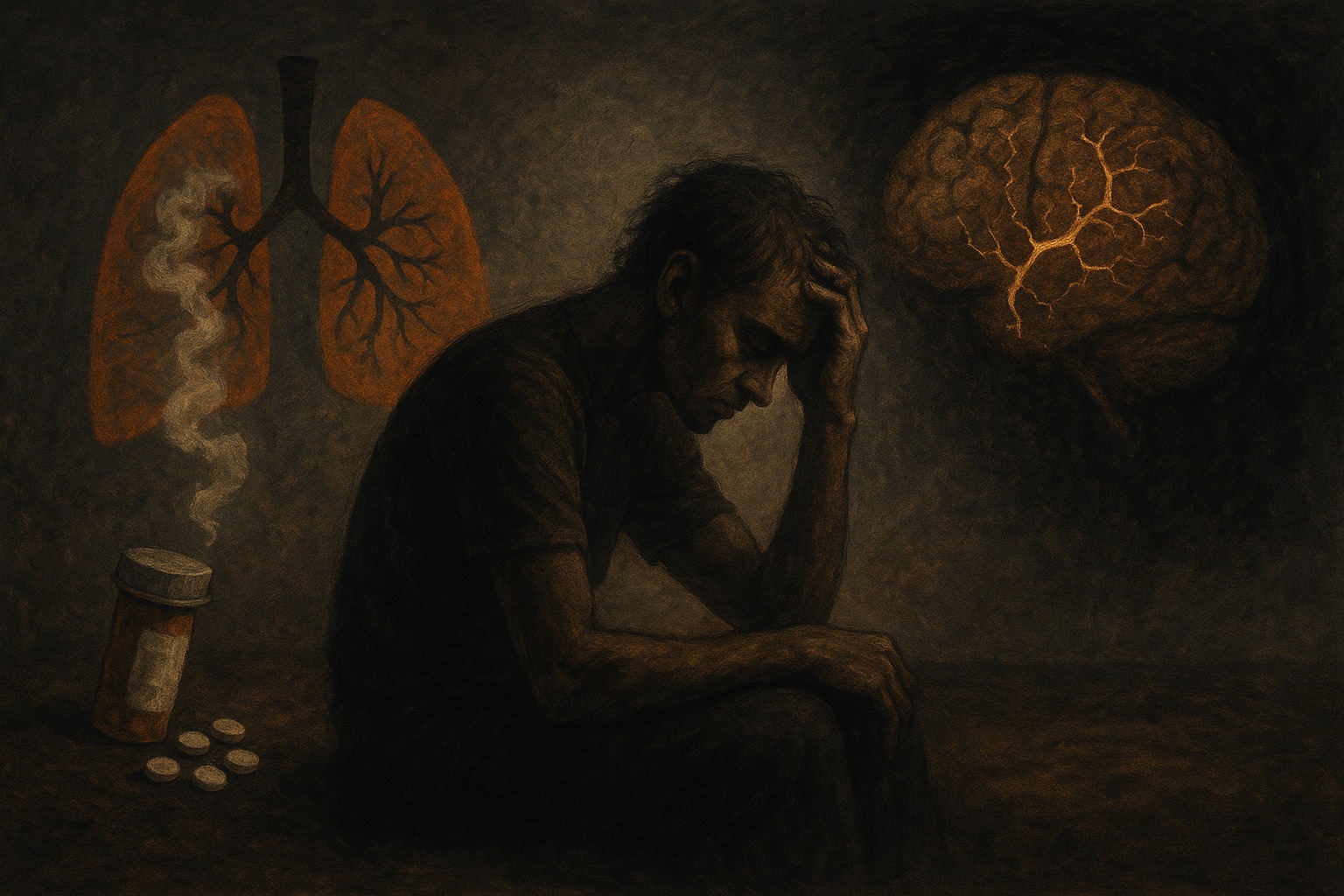Although everyone experiences mental health issues, there are significant cultural differences in how they are viewed, talked about, and handled. Global awareness of mental health issues has increased recently, yet cultural norms, values, and beliefs still influence how mental illness is perceived and treated. These variations can affect everything, including the types of therapies people find acceptable, how symptoms are reported, and whether or not they seek help.
The Cultural Lens: Shaping Perception.
Culture deeply influences how we make sense of the world. This includes emotional experiences and psychological distress. For example:
In Western cultures, particularly in countries like the United States, Canada, and much of Europe, mental health is often medicalized. Conditions like depression and anxiety are viewed as disorders of the brain, with treatment focused on therapy, medication, and lifestyle changes.
In contrast, many Asian cultures may emphasize social harmony, family obligations, and emotional restraint. Mental illness can be seen not just as a personal struggle but as a potential source of shame for the family. As a result, emotional distress may be expressed through physical symptoms (like fatigue or headaches) rather than directly stating feelings of sadness or anxiety, a phenomenon known as somatization.
In some African and Middle Eastern cultures, mental health issues may be interpreted through spiritual or religious frameworks. Symptoms might be attributed to supernatural causes such as possession, curses, or the will of God, leading people to seek help from religious leaders or traditional healers instead of mental health professionals.
Language and Stigma.
Language plays a powerful role in shaping mental health narratives. In some cultures, there aren't words to describe mental health conditions in a way that aligns with Western diagnostic criteria. Where mental illness is associated with weakness, madness, or moral failure, stigma can be severe. This can prevent individuals from acknowledging their struggles or accessing care.
In Japan, for instance, there has historically been a strong stigma around depression, although campaigns in recent years have sought to change that. In Latin American cultures, the concept of nerves might be used to express a wide range of emotional issues, creating a culturally acceptable way to talk about distress without invoking the stigma of mental illness.
Help-Seeking Behavior.
Cultural norms heavily influence who individuals turn to in times of mental distress:
In individualistic cultures, people are encouraged to seek personal solutions, such as seeing a therapist or counselor.
In collectivist cultures, individuals may prefer to rely on family networks or community leaders and see professional therapy as a last resort.
In Indigenous communities, traditional practices and ceremonies may be central to healing, with mental health viewed as deeply connected to spirituality and connection to the land.
The Role of Cultural Incompetence.
Given these differences, mental health professionals need to practice cultural competence, an awareness and respect for cultural differences, and an ability to adapt care to fit the cultural context of the patient. This includes:
Asking open-ended, culturally sensitive questions.
Avoiding assumptions based on one's cultural lens.
Being open to integrating traditional or spiritual practices into treatment plans where appropriate.
Bridging the Gap.
To create a more inclusive and effective global mental health system, we must recognize that no single framework fits all. Culturally informed care helps bridge gaps in understanding, reduces stigma, and ultimately improves outcomes for people from all backgrounds.
Efforts like community education, cross-cultural training for clinicians, and research into culturally specific expressions of mental illness are essential steps forward. Mental health is not just a medical issue, it's a human one, shaped by history, belief, language, and identity.
Final Thoughts.
Mental health knows no borders, but how we understand and address it certainly does. Recognizing cultural differences isn't about judging or ranking one approach over another. It's about expanding our perspective so that care and compassion can reach everyone, no matter where they come from or how they describe their pain.




